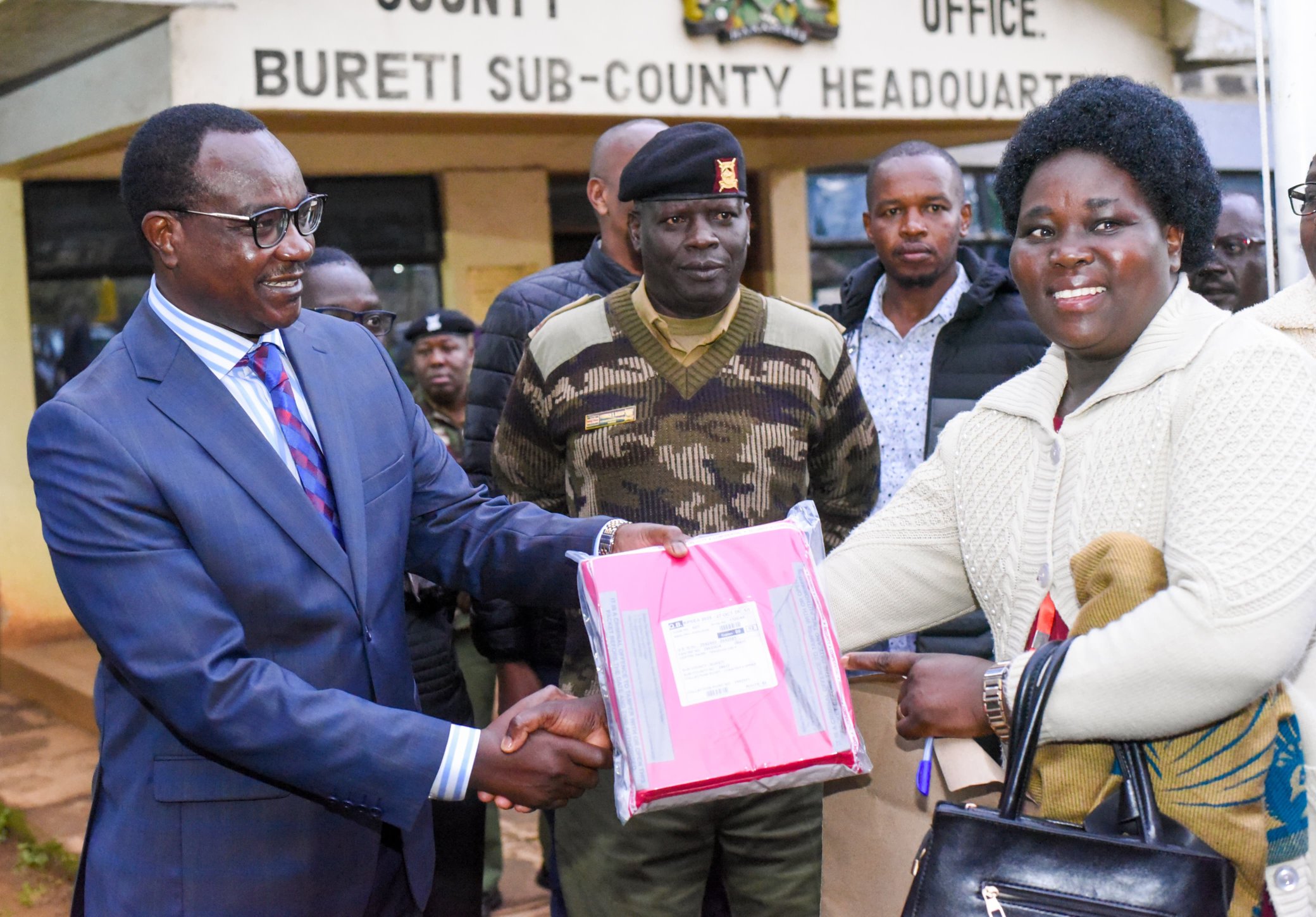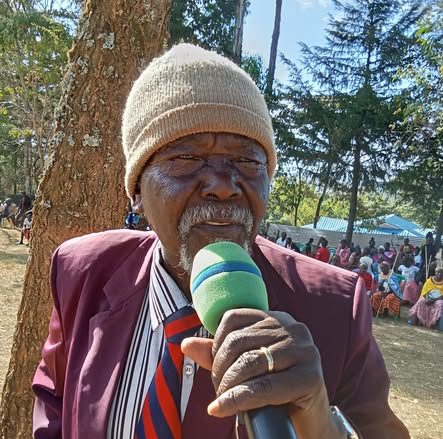The Kenya National Examinations Council (KNEC) has introduced smart digital padlocks in 250 examination storage containers across the country in a bid to curb exam leaks and boost transparency.
Speaking on Monday during the official launch of the 2025 national examinations, Education Cabinet Secretary Julius Ogamba said the locks, being piloted for the first time, are linked to the KNEC command centre, allowing officials to monitor in real time whenever a container is opened or locked.
“These locks are linked to the KNEC command centre, allowing real-time tracking of the exact time each container is opened and locked,” he said.
The CS also said that the Ministry has also mandated that all personnel in examination centres—including Centre Managers, Supervisors, Invigilators, and Security Officers—surrender their mobile phones immediately upon receiving exam papers. The devices will be kept in secure lockers to prevent unauthorised communication.
“The national police service will continue to oversee security for the Kenya Certificate of Secondary Education (KCSE), while education officials and school managers will handle security for the Kenya Primary School Education Assessment (KPSEA) and Kenya Junior School Education Assessment (KJSEA) under a school-based arrangement,” Ogamba added.
To enhance fairness in marking, the CS announced the introduction of personalised examination papers bearing each candidate’s name and a unique random number. Each candidate will be required to write answers directly in the question booklets. After completion of the exam, the identification section is detached and packed separately, ensuring fairness and eliminating bias.
ALSO READ:
PSC, KNEC partner to tackle fake certificates in public service
The CS also noted that exam logistics have been adjusted to improve efficiency. KPSEA and KJSEA materials will be collected once daily at 6:00 am, while KCSE papers will be collected twice daily, at 7:00 am for morning sessions and 12:30 pm for afternoon sessions.
KNEC CEO affirmed that the initiative seeks to modernize the council’s examination storage system in line with the KNEC act, 2012.
The roll out if successful will be extended to all the remaining 392 containers countrywide.
The initiative comes amid stringent examinations reforms introduced by the council to curb the examination leakages and boost transparency.
This year marks the first national assessment for Grade Nine learners under the Competency-Based Education (CBE) system. Grade Six pupils will sit for KPSEA, while KJSEA candidates will be tested in 12 learning areas over six days. KPSEA candidates will cover five subjects in three days, which will run from October 27 to 29, while KJSEA exams will be conducted from October 27 to November 3, 2025.
KNEC has also expanded its infrastructure for the 2025 assessments, adding 25 more containers in various sub-counties, bringing the
This year, a total of 3,424,836 candidates are registered for national assessments, including 996,978 for KCSE, 1,298,089 for KPSEA, 1,130,669 for KJSEA, 2,414 for KILEA, and 1,479 for KPLEA.
By Juma Ndigo
You can also follow our social media pages on Twitter: Education News KE and Facebook: Education News Newspaper for timely updates.
>>> Click here to stay up-to-date with trending regional stories
>>> Click here to read more informed opinions on the country’s education landscape






